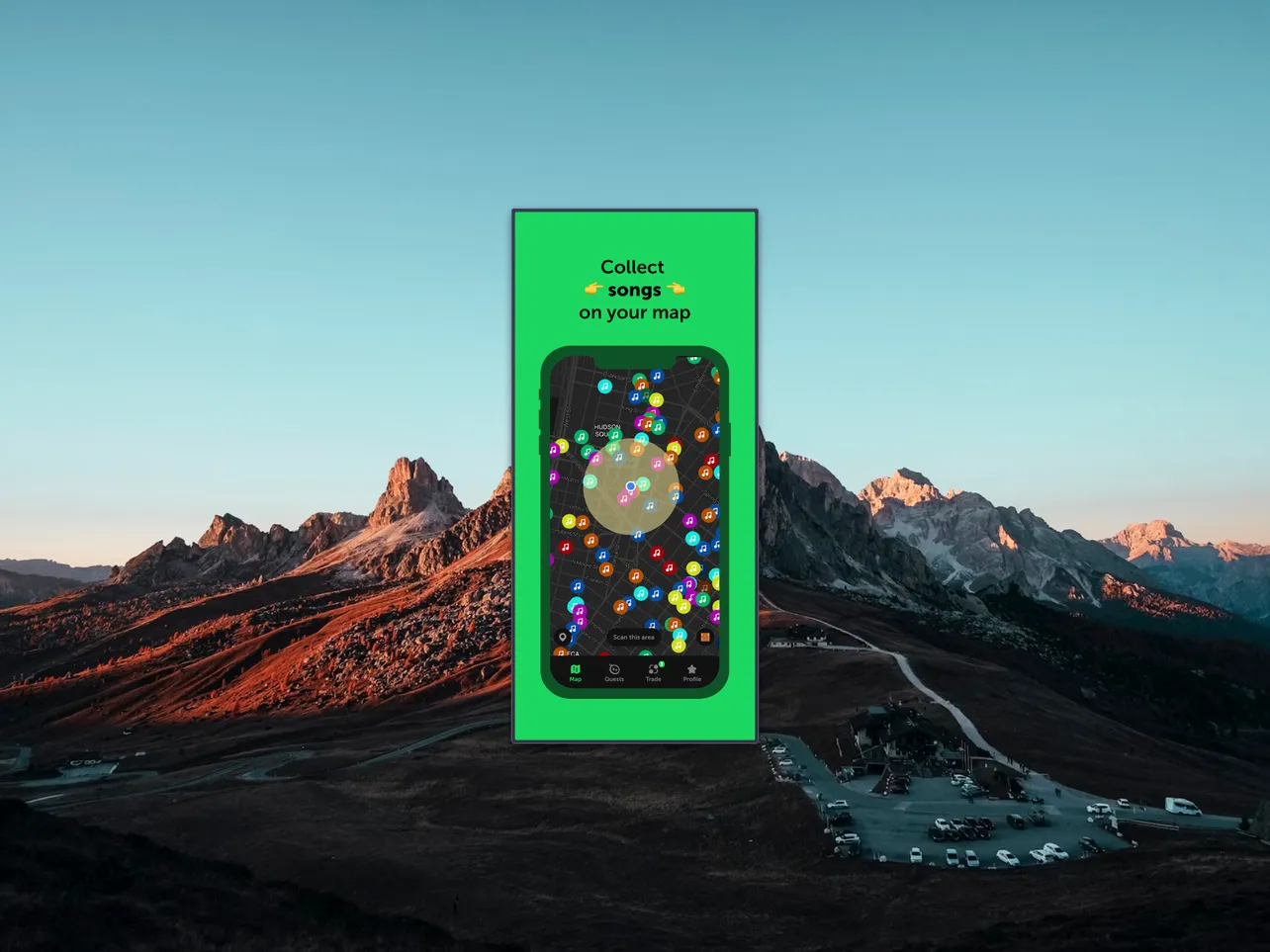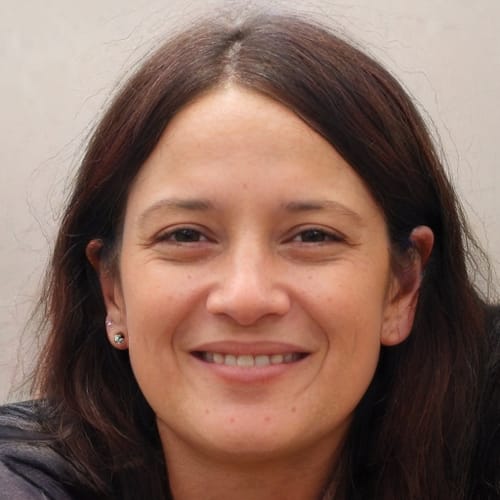You're sitting in a consulting office in 2021, watching yet another founder raise millions for an idea you know you could build better. That's exactly what happened to Zibo Gao, and it sparked the question that would change his life: "Why are they getting millions of dollars when the product looks like something I can do, and much better?"
Fast-forward to today, and Zibo's app SoundMap is quietly revolutionizing how we discover music, all while outsmarting giants like Spotify with a brilliantly simple strategy that every founder should know about.
The Anti-Subscription Revolution: Why SoundMap Chose Games Over Music
Here's where most founders get it wrong: they see a successful category and try to copy it. Zibo did the opposite.
Instead of building another music streaming app fighting for subscription dollars, he built SoundMap like a game. No monthly fees. Instead, users buy in-game currency, boosts, and power-ups. It's the difference between asking for $9.99 every month versus getting users excited to spend $2.99 when they're genuinely engaged.
The psychology is completely different. Subscriptions feel like taxes. Game purchases feel like rewards.
But here's the masterstroke: Zibo didn't just build like a game – he classified SoundMap as a "Music Game" in the App Store.
The Category Hack That Started Everything
"It's way easier to be #3 in 'Music Games' than #1 in 'Music,'" Zibo explains with characteristic directness.
Think about it. Competing with Spotify and SoundCloud for visibility? That's a death sentence for a bootstrapped startup. But dominating the "Music Games" category? That's achievable.
This single decision gave SoundMap instant visibility and kickstarted their entire growth flywheel. It's a lesson every founder should internalize: sometimes winning means choosing a different game entirely.
The Brutal Truth About Consumer Apps
Ask any seasoned founder what the hardest part of building consumer apps is, and they'll probably give you some fluffy answer about product-market fit. Zibo cuts through the BS: "It's retention."
His numbers are sobering. Anything more than 30-40% yearly retention is "nearly impossible" in the consumer space. Unlike SaaS companies building comfortable Annual Recurring Revenue, gamified social apps live on what Zibo calls "Annual Run Rate", meaning every year is a battle.
There's no safety net. You're constantly needing new users while keeping existing ones engaged enough to keep spending. It's relentless, and it requires a deep understanding of user psychology that most founders never develop.
The "Invite 8 Friends" Loop That Drives 35% of Growth
Here's where SoundMap's growth strategy gets interesting. 75% of their growth is organic, built on three deliberate pillars:
1. The Referral Machine (35% of growth)
The mechanics are deceptively simple: invite 8 friends, get a free lifetime premium subscription.
But here's what's brilliant: they didn't guess this number. They started with 5 friends, but too many people completed it, so they had to increase the difficulty. It's a clear value exchange that works because the reward feels substantial.
The timing is everything. The invite wall appears on every single app open within the first 24 hours. Why? Because 85% of all invites happen within that critical first-day window. You have to capture that initial dopamine rush before users churn.
2. The "Lazy" Paid Strategy That Works (25% of growth)
Forget complex funnels. Zibo's initial ad strategy was "refreshingly lazy": 6-to-8-second face videos with text overlays, or "Locket style" ads with 3 seconds of text and 3 seconds of app footage.
It worked so well that they evolved it into a sophisticated ambassador program. They find real users through their own For You Page and empower them to create content, then put money behind the organic posts that are already performing.
3. App Store Search & Word-of-Mouth (40% of growth)
This isn't a strategy: it's the result of the other two pillars working in harmony with a product people actually want to use.
The UGC Truth Bomb Every Founder Needs to Hear
Here's Zibo's most counterintuitive insight about going viral: "People forgot what UGC stands for. It's not content from a freelancer you hired. It's truly user-generated."
He shares a story that every performance marketer should know: A brand spent a fortune on polished influencer campaigns in Mexico and Brazil. They fell flat. But then real users started making "worst quality videos with crappy captions," and that content exploded, driving millions of downloads.
The lesson? Authentic excitement beats production value every time. The "real alpha" isn't a secret growth hack: it's having a product that users genuinely love and want to talk about.
What 2025 Founders Need to Know
Zibo's advice for consumer founders is a dose of realism wrapped in actionable insights:
Be honest about your goals. If you just want to make money, there's a playbook for that: the "$6.99 weekly sub," dark patterns, and app review manipulation. But if you want to build something sustainable, be ready for the high bar of achieving real K-factor and strong retention.
Stop thinking users hate ads. They don't hate ads: they hate bad products. Paid ads guarantee you a spot in someone's feed. If your content is good and your product delivers, it's fantastic discovery.
The bar keeps rising. While AI makes development easier, it can't replace the core challenge: being brutally honest about your metrics and building something people genuinely love.
The Takeaway for Indie Hackers
SoundMap's story isn't just about building a music app. It's about the power of strategic positioning, understanding user psychology, and having the courage to play a different game than everyone else.
Zibo didn't start with a grand vision in a dorm room. He started with frustration, pragmatism, and a willingness to experiment relentlessly. He learned more from building than from any playbook, and he's not afraid to share the brutal truths that most founders won't admit.
For the indie hackers and aspiring founders reading this: sometimes the biggest competitive advantage isn't building a better product – it's choosing a category where you can actually win.
The question isn't whether you can build something better than the market leaders. The question is: are you smart enough to choose a different game entirely?
Download Soundmap for iOS.



